The close ties between Apartheid South Africa and Israel are not only a historical fact but also a glaring blueprint for modern policies that many argue mirror apartheid’s draconian systems. The treatment of Palestinians by the Israeli government draws shocking parallels to how the apartheid regime in South Africa systematically oppressed Black Africans. These connections, both past and present, demand scrutiny and collective action from the international community.
Under apartheid, South Africa implemented a system of native reserves, known as Bantustans, inspired in part by America’s segregationist policies. These reserves were deliberately fragmented, isolated from one another to prevent unity and resistance. Similarly, the Palestinian territories today, Gaza, Jericho, Ramallah, Albireh, Nablus, Jenin, and Tulkarm, among others reflect a comparable strategy. This division, first formalised under the Oslo Accords of the 1990s, has led to isolated enclaves where Palestinians live under severe restrictions.
The reserves in South Africa were strategically placed on infertile land near urban centres, ensuring a supply of cheap labour for white population hubs. This dynamic is echoed in the placement of Palestinian territories, where many Palestinians are restricted to underdeveloped areas while working in Israeli cities under highly controlled conditions. Just as Soweto, Tembisa, Alexandra, Khayelitsha, and Gugulethu served as labour reservoirs for the apartheid regime, the Palestinian enclaves now function similarly under Israeli control.
The apartheid government sought to legitimize its native reserves by claiming to grant Black South Africans self-determination and independence. However, the international community rejected these claims outright. The United Nations Security Council passed four resolutions condemning the Bantustans, and the General Assembly followed suit. Not a single nation recognised the Bantustans as legitimate states, except one came close: Israel.
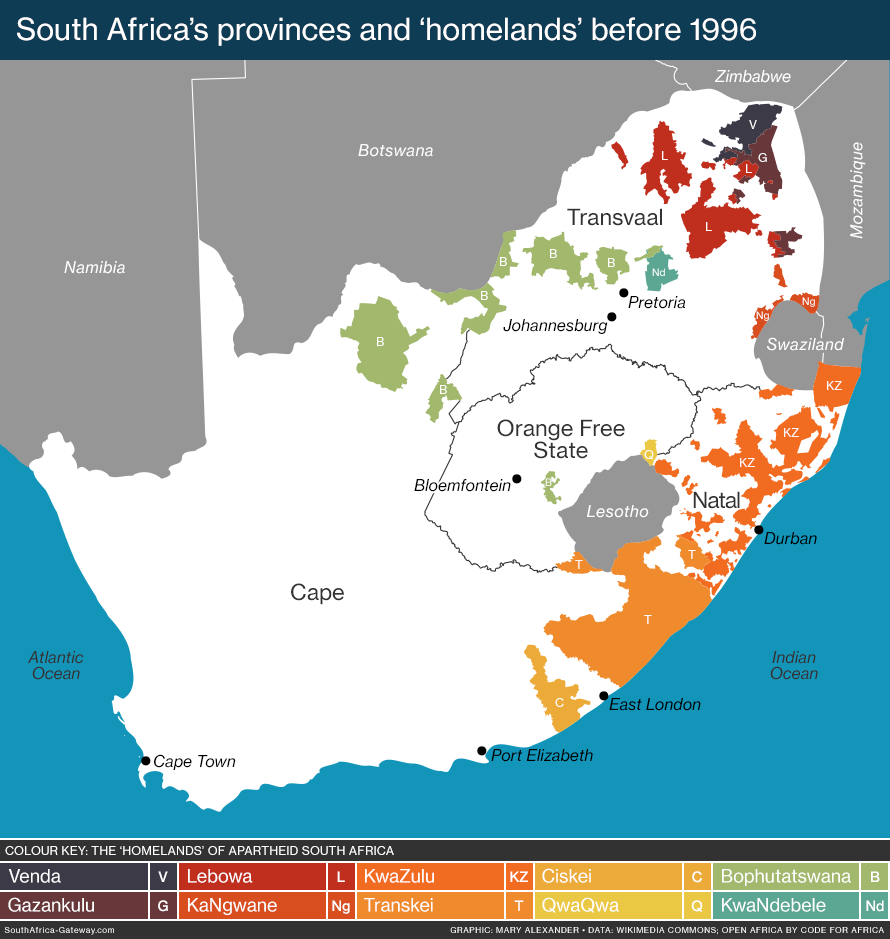
Israel not only expressed sympathy for South Africa’s Bantustan policy but also became a critical ally of the apartheid government. The Israeli state provided training and military aid, helping South Africa maintain its oppressive systems. According to historian Sasha Polakow-Suransky in his book The Unspoken Alliance: Israel’s Secret Relationship with Apartheid South Africa (2010), Israel acted as a middleman to bypass international weapons embargoes on South Africa. Arms were purchased under Israel’s name and then transferred to the apartheid regime.
Paul Grenesky, a staunch Zionist, once articulated a vision that strangely resembles the Bantustan policy in his book A Trek Towards the Future. He argued that dividing native populations into fragmented pieces of land, giving them nominal governance, and denying them equal rights would eventually erode their resistance. Denying them opportunities will relegate them to mere labor vessels, Grenesky wrote. This approach, he suggested, would make them disappear over time.
This vision is manifest in Gaza and the West Bank today, where Palestinians are systematically denied equal rights, economic opportunities, and freedom of movement. The parallels to apartheid are stark, leading many to label Israel as an apartheid state. In 2021, Human Rights Watch issued a report explicitly accusing Israel of apartheid, citing policies of segregation and domination over Palestinians.
The dissolution of apartheid South Africa provides a roadmap for addressing the injustices in Israel and Palestine. The world did not tolerate the apartheid state, applying economic, diplomatic, and political embargoes until the system collapsed. Israel must face similar pressure from the international community.
Diplomatic isolation, economic sanctions, and public awareness campaigns are vital tools to combat the systemic oppression in Palestine. In the words of Nelson Mandela, an icon of resistance against apartheid: “Our freedom is incomplete without the freedom of the Palestinians.”
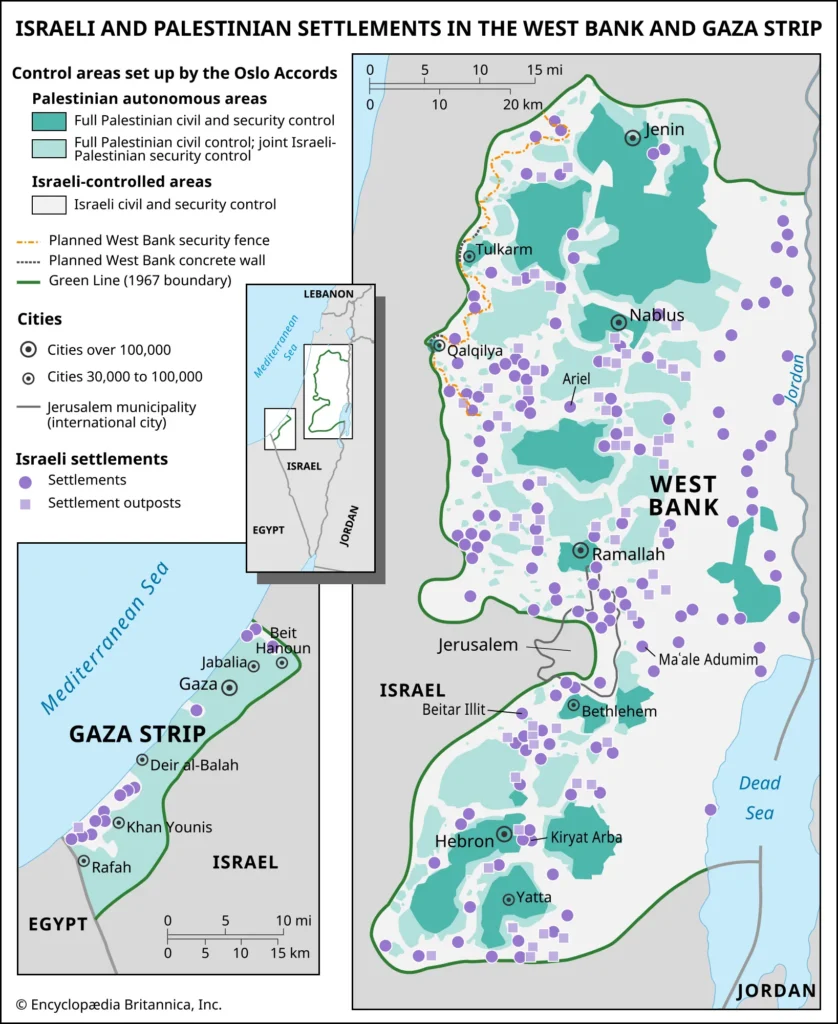
The two-state solution, long touted as the path to peace, has proven ineffective. Fragmentation, unequal rights, and continued settlement expansion have rendered the idea increasingly impractical. Instead, many advocates call for a one-state solution, where all inhabitants regardless of ethnicity, religion, or race enjoy equal rights.
The world must recognize that the current system is unsustainable. Just as apartheid South Africa was dismantled in favour of a unified, democratic state, so too must Israel evolve. The international community must intensify its efforts to hold Israel accountable, ensuring that justice and equality prevail.
The time for action is now. In the words of Archbishop Desmond Tutu, a staunch critic of apartheid and advocate for Palestinian rights: “If you are neutral in situations of injustice, you have chosen the side of the oppressor.”
The struggle against apartheid in South Africa succeeded because of global solidarity. It is important that the same energy and commitment be directed toward Palestine. Only then can the dream of equality and justice become a reality.
Bafana Phalane, writer, policy analyst, and founder @ Maverick Point



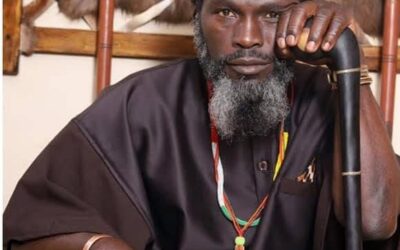

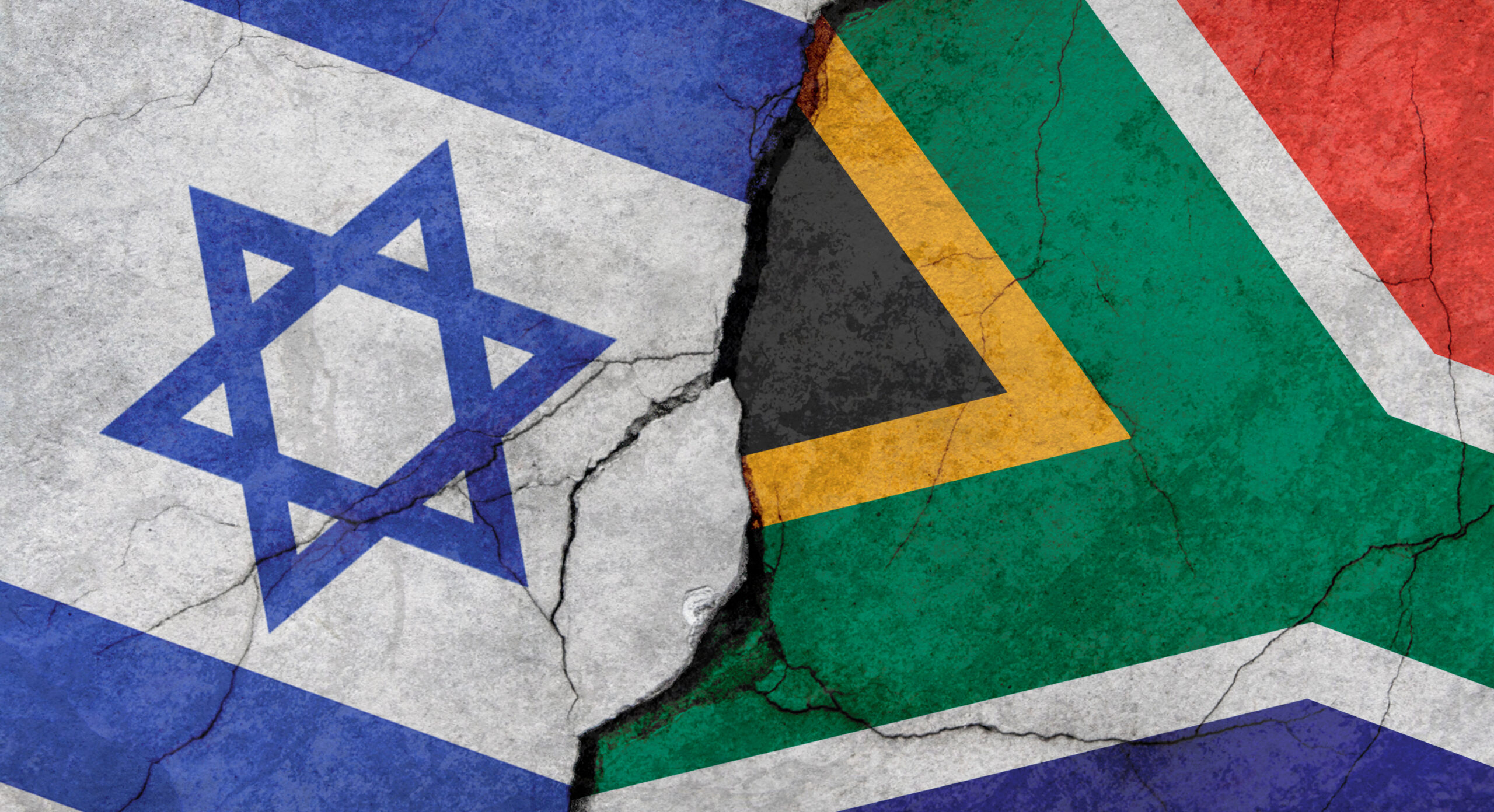
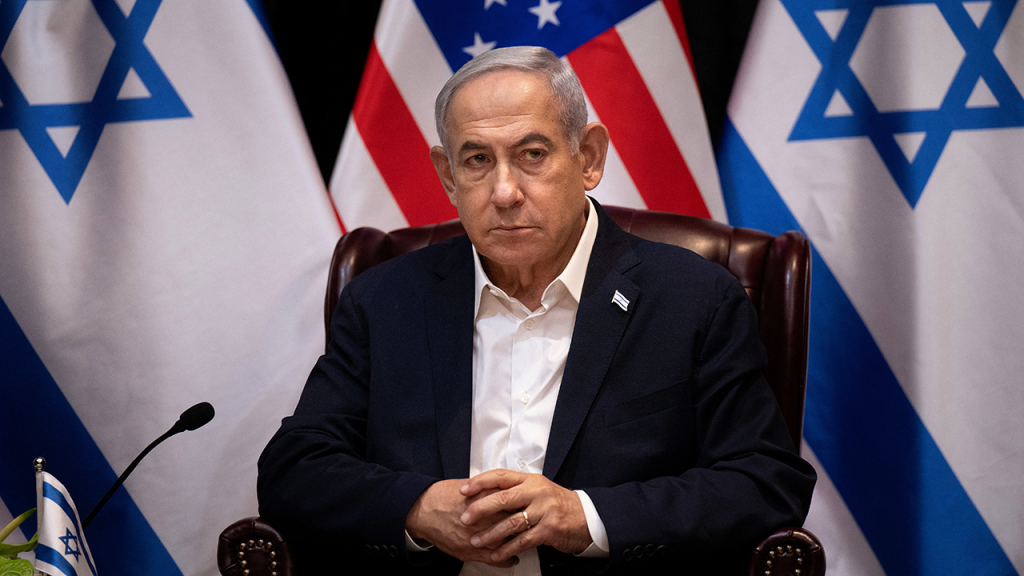
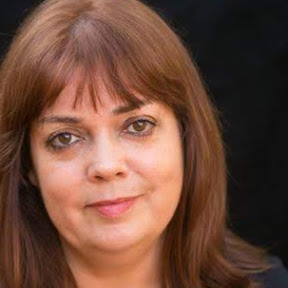
13 thoughts on “From Bantustans to Palestinian Enclaves: A Legacy of Apartheid.”